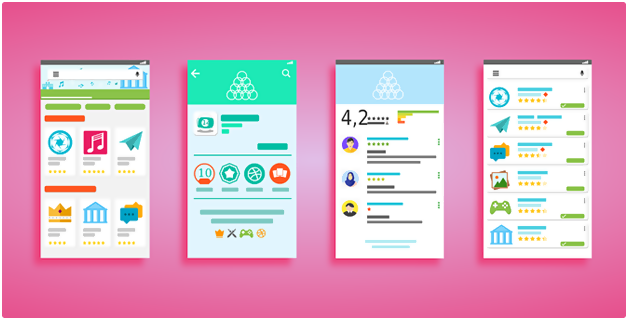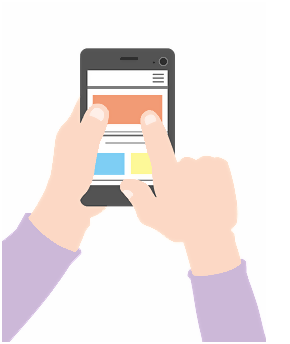Mobile apps have become powerful tools for businesses both large and small. By the U.S. edition of the 2017 Global Mobile Consumer Survey, the average American checks their phone a low estimate of 47 times a day. For young adults from 18 to 24, this average can jump as high as 86 times a day.
These numbers mean that having a mobile app puts your business in a place of constant visibility. On top of that, the convenience that an app offers can entice customers to purchase goods or services from you more often.
However, not every app is successful. If the right development processes aren’t used to create a high-quality end product, you’re likely to see a high number of uninstallation rather than an improved profit margin. So, what are the best tools to turn to during the development process?
Communication Management Tools
When you’re working on a big project, keeping everyone on the same page is crucial. It’s easy for wires to get crossed or for confusion to cause a problem if clear communication lines aren’t set.
There are a number of platforms that are dedicated to helping you and the people you work with stay on track. For example, one of the most popular communication platforms at the moment is Slack. This allows you to communicate with your whole team in an open forum or message individual members privately.
Why opt for a communication system like this rather than a traditional choice like emailing is that it streamlines everything. A program that’s easy to use and stays simply organized helps to keep the conversation on track and conveniently recorded for quick and stress-free reference later on.
Assignment Management Tools
Divvying up the tasks related to mobile app development can be a complicated issue. Trying to keep everyone on track with what they need to do and when they need to do it can get complex. To keep everything in clear terms in one place, it’s best to use a platform that will help you keep everything in order. A few popular examples of this in action includes platforms like Asana or Trello where distinct tasks can be delegated to users and carefully tracked until they’re finished.
Collaboration Tools
Working completely independent of one another isn’t typically the best way to make sure everything gets done as needed. Instead, it’s often important to be able to directly collaborate with the people who are helping you bring your app to life. So, having tools that are geared directly towards this idea is crucial.
The most commonly used collaboration platform is easily Google Drive. Through this, you can create, share, and even simultaneously edit documents, spreadsheets, presentations, and more, allowing you to work together seamlessly.
These systems are also handy because they allow you to access content from multiple devices. In other words, your work won’t be limited to your office computer.
App Development Agencies
If you’re interested in getting some extra, professional help with your app, you can turn to a mobile application development agency. These are a good choice if you aren’t sure how to tackle app development or if you don’t have a lot of experience. It’s also a great way to make sure that your app is a truly one-of-a-kind, non-template-based end product.
A mobile app development agency will also be able to give you expert advice on how to bring your idea to life. For example, they’ll have the expertise to help you determine what features would fit your vision best and what type of layout your users will appreciate.
Mobile apps are a great way for companies to reach out to customers and increase brand awareness. You’re going to need to carefully develop your app with the right tools to make sure you see the positive, profitable results you’re looking for. You need to make sure that you and your team stay on top of important tasks, stay in contact with one another, and can work together without issue. Using different development management tools like the ones we’ve looked at here will help to ensure your project goes as smoothly as possible from start to finish.


